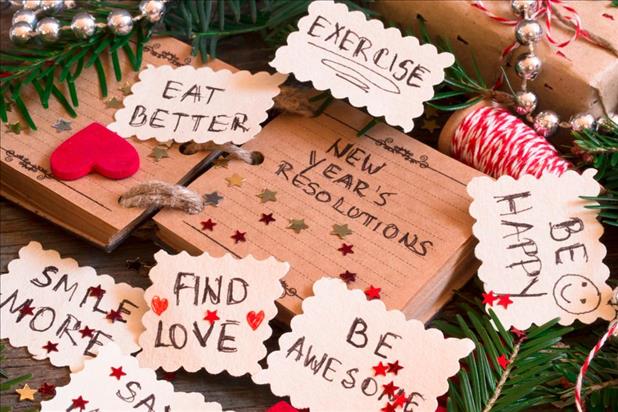January- Kevin’s Pick
With the New Year upon us, chances are you’ve made a resolution in the past to change and then broken it. This year keep your resolution by following the tips below. You will be much more successful in your behavior change by strategically planning and implementing your goal.
Be Realistic
One of the most common reasons why resolutions fail is that people aim too high. Sure, losing weight and looking good is important. Everyone wants to look and feel their best, But, is it realistic to weigh as you did in high school or compare your body to someone on television?
In order to reach your goal, think of something that is attainable. Setting a goal to walk for 15 minutes a day or to meditate in the mornings for 5 minutes is much more realistic than to lose 30 pounds in 2 weeks. Keep it simple and short in the beginning and add on as you start changing.
Recruit Support
Don’t keep your resolution a secret. Instead, tell your friends and family members. Having a close social support network is essential to keeping you on track and motivated. Research shows that you’re much more likely to keep your goal with your loved ones having your back.
Let the people close to you know how much your goal means to you and to hold you accountable when you start to veer off course. Moreover, when you’re feeling frustrated recruit their support. They’ll know how to give you that extra push so you can stay on track.
Keep Going
There will be times when you fall off the wagon and forget your goal. Instead of looking at this as a failure, think of it as a reminder to why you chose your goal in the first place. What is important to you and why? How would you feel if you met this goal?
When difficult times arise, draw on your self-belief and inner strength to carry you across. Believe that you are fully capable and feel proud of your current and past achievements. Let go of that need to be perfect and tell yourself “Yes I Can!”
Keeping your resolutions may appear challenging. It will require work, but remember persistence is key. It’s not how many times you get knocked down, but how many times you pick yourself back up.









 This website uses several features that are not available to the browser you are using.
This website uses several features that are not available to the browser you are using.